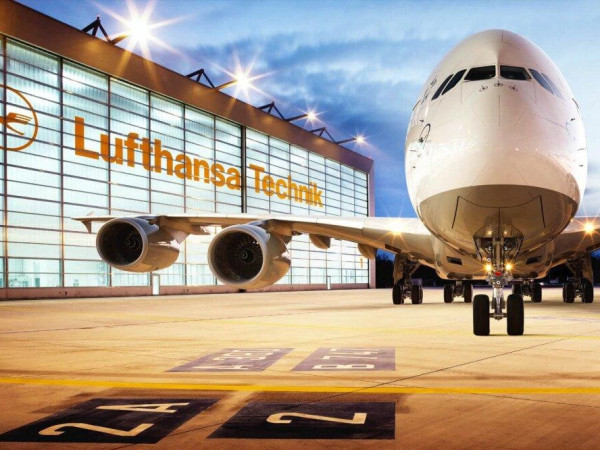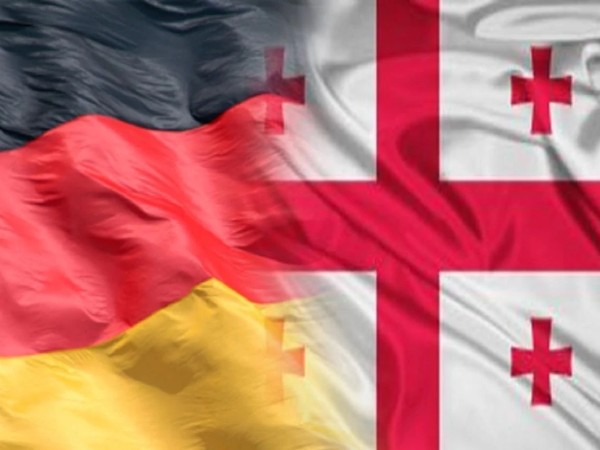Coronavirus infection figures have started rising in Germany, prompting new fears ahead of a planned easing of restrictions.
The Robert Koch Institute (RKI), the country's disease control center, reported 7,676 new cases on Sunday, up 1,562 from one week ago. The key seven-day incidence rate increased to 60.2 across the country, up from 57.7 a day earlier.
Authorities have repeatedly pointed to a maximum incidence rate of 50 as a target for loosening restrictions. However, schools in 10 of Germany's 16 federal states were set to reopen on Monday.
Experts have blamed more infectious variants of the virus for the increase in numbers.
Additionally, the seven-day R value was put at 1.07 on Saturday afternoon, the highest in several weeks. This means that 100 infected people could potentially infect 107 more people.
RKI head Lothar Wieler has called on Germans to persevere. "False promises don't help anyone, and it is quite simply the case that ... we still have to hold out for a certain amount of time," he said during an online discussion with the Health Ministry on the subject of vaccinations.
Health Minister Jens Spahn said Germany was in a "really difficult phase" of the pandemic, and acknowledged that everyone was tired after 12 months. "A child who is 10 years old has now spent a 10th of his life in the pandemic," he said.
Spahn said it was very important for society that day care centers and primary schools be able to reopen.
Calls to protect teachers
Politicians have increasingly pushed to prioritize teachers for vaccines to limit the fallout of schools reopening. The national teachers association, DL, has called for further protective measures and prioritized vaccinations for teachers.
Teachers who are now returning to face-to-face teaching in primary and high school classes "should be able to receive preferential vaccination," DL president Heinz-Peter Meidinger told the Augsburger Allgemeine newspaper on Saturday.
"We are generally in favor of mandatory masks, which should at least be of the quality of surgical operating masks," he said. "Fashionable textile masks or scarves are no longer appropriate to the current situation."
Susanne Lin-Klitzing, the head of the DPhV education association, told the newspapers of the Funke media group that if politicians wanted "full face-to-face teaching" again, they should have "offered all teachers vaccination in advance." In addition, clear timetables would have to be developed, for example, on how long alternate teaching plans should last.
Nursery and primary school workers are in the third priority group, according to the current vaccination regulations, and will probably not be opening up until the summer.
Lower Saxony and other states are lobbying the federal government to change the vaccination ordinance so that teachers and educators can be vaccinated earlier than planned with unused doses. The state reportedly has many spare vaccines as people fail to show up for their vaccine appointments.
Meanwhile, the GEW education and science union has criticized states that will reopen schools regardless of the spread of variants. They are taking "a high risk — for the health of teachers, students and their parents," GEW chair Marlis Tepe told the Funke media group.
Source: DW















